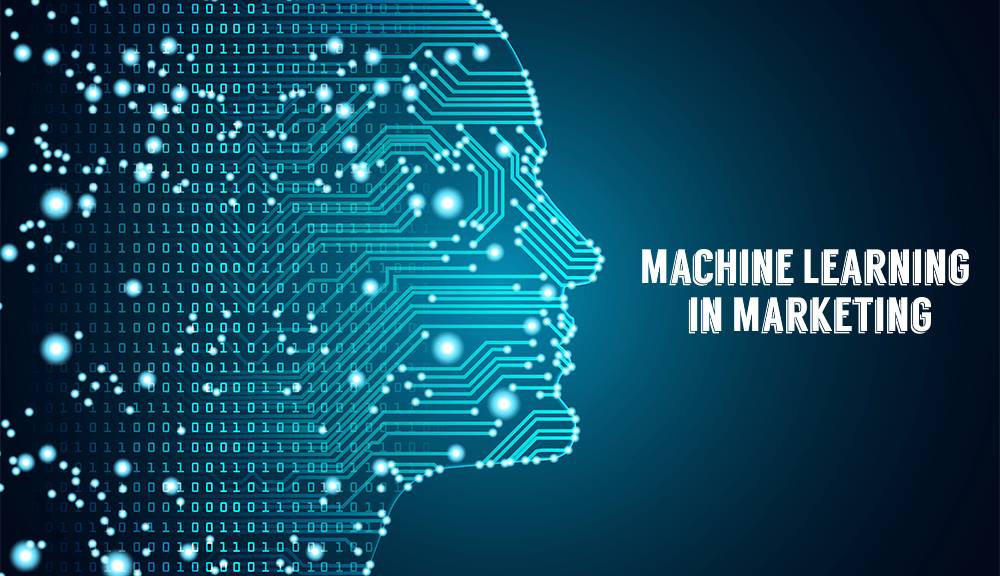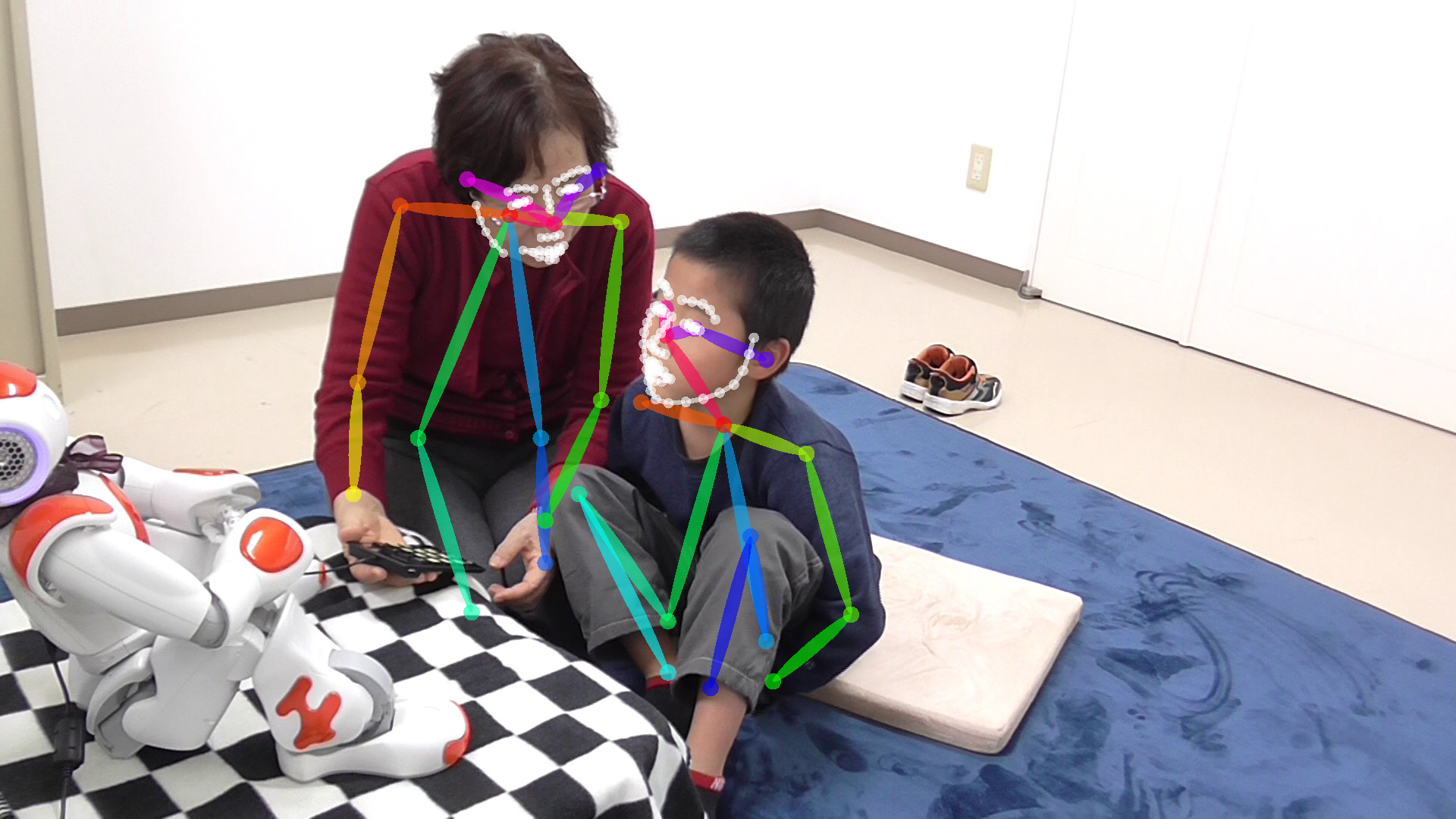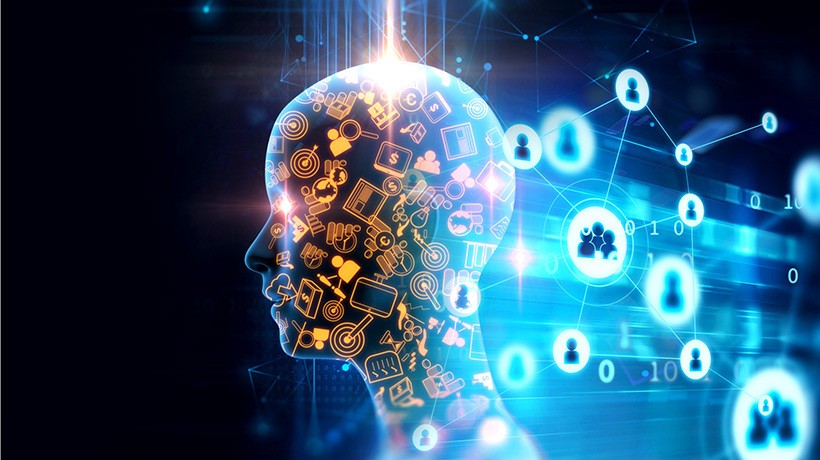
Machine Learning in Personalized Entertainment
The entertainment industry is constantly evolving, and machine learning is playing a increasingly important role in creating personalized experiences for consumers. By using machine learning, entertainment providers can better understand their audiences and deliver content that is tailored to their individual interests. This can lead to increased engagement and satisfaction, and ultimately, a more profitable business.
There are a number of ways that machine learning can be used to personalize entertainment. One common approach is to use recommendation systems to generate personalized lists of movies, TV shows, music, and other content. These systems are typically trained on data about what users have watched or listened to in the past, and they use this information to predict what other content they might enjoy. Recommendation systems can be used on a variety of platforms, from streaming services to social media, and they can help users discover new content that they might not have otherwise found.

Another way that machine learning is being used to personalize entertainment is through personalized search. When users search for content, machine learning algorithms can be used to filter the results and show them the most relevant options. This can be based on a variety of factors, such as the user's past search history, their location, and the time of day. Personalized search can help users find the content they're looking for faster and easier, and it can also help them discover new content that they might not have otherwise found.
In addition to recommendation systems and personalized search, machine learning is also being used to create more engaging and immersive experiences for users. For example, machine learning can be used to generate realistic graphics for video games, create personalized soundtracks for movies and TV shows, and even power chatbots that can interact with users in a natural way. These technologies are making entertainment more immersive and engaging than ever before, and they are also providing new ways for users to interact with their favorite content.
Machine learning is still a relatively new technology, but it is already having a major impact on the entertainment industry. As the technology continues to develop, we can expect to see even more innovative and personalized ways to enjoy our favorite forms of entertainment.

Specific Examples of How Machine Learning is Being Used in Entertainment
There are many specific examples of how machine learning is being used to personalize entertainment. Some of the most notable include:
- Netflix uses machine learning to power its recommendation system, which is responsible for suggesting movies and TV shows to users. The system is trained on data about what users have watched in the past, and it uses this information to predict what other content they might enjoy. Netflix's recommendation system is one of the most sophisticated in the world, and it is credited with helping the company to become one of the most popular streaming services in the world.
- Spotify uses machine learning to power its personalized music recommendations. The system is trained on data about what users have listened to in the past, and it uses this information to create playlists that are tailored to their individual tastes. Spotify's personalized music recommendations are a major reason why the service has become so popular, and they are a key factor in keeping users engaged.
- YouTube uses machine learning to power its personalized video recommendations. The system is trained on data about what users have watched in the past, and it uses this information to suggest videos that are relevant to their interests. YouTube's personalized video recommendations are a major reason why the service is so popular, and they are a key factor in keeping users engaged.
- Amazon uses machine learning to power its personalized product recommendations. The system is trained on data about what users have purchased in the past, and it uses this information to suggest products that are likely to be of interest to them. Amazon's personalized product recommendations are a major reason why the company has become one of the largest retailers in the world.
- Google uses machine learning to power its personalized search results. The system is trained on data about what users have searched for in the past, and it uses this information to show them results that are relevant to their interests. Google's personalized search results are a major reason why the company has become the most popular search engine in the world.


These are just a few examples of how machine learning is being used to personalize entertainment. As the technology continues to develop, we can expect to see even more innovative and personalized ways to enjoy our favorite forms of entertainment.
Benefits of Using Machine Learning for Personalization

There are a number of benefits to using machine learning for personalization in entertainment. These benefits include:

- Increased engagement: When users are presented with content that is tailored to their individual interests, they are more likely to engage with it. This can lead to increased viewership, listening time, and other metrics that are important to entertainment providers.
- Improved satisfaction: When users are able to find the content that they are looking for quickly and easily, they are more likely to be satisfied with their
Post a Comment